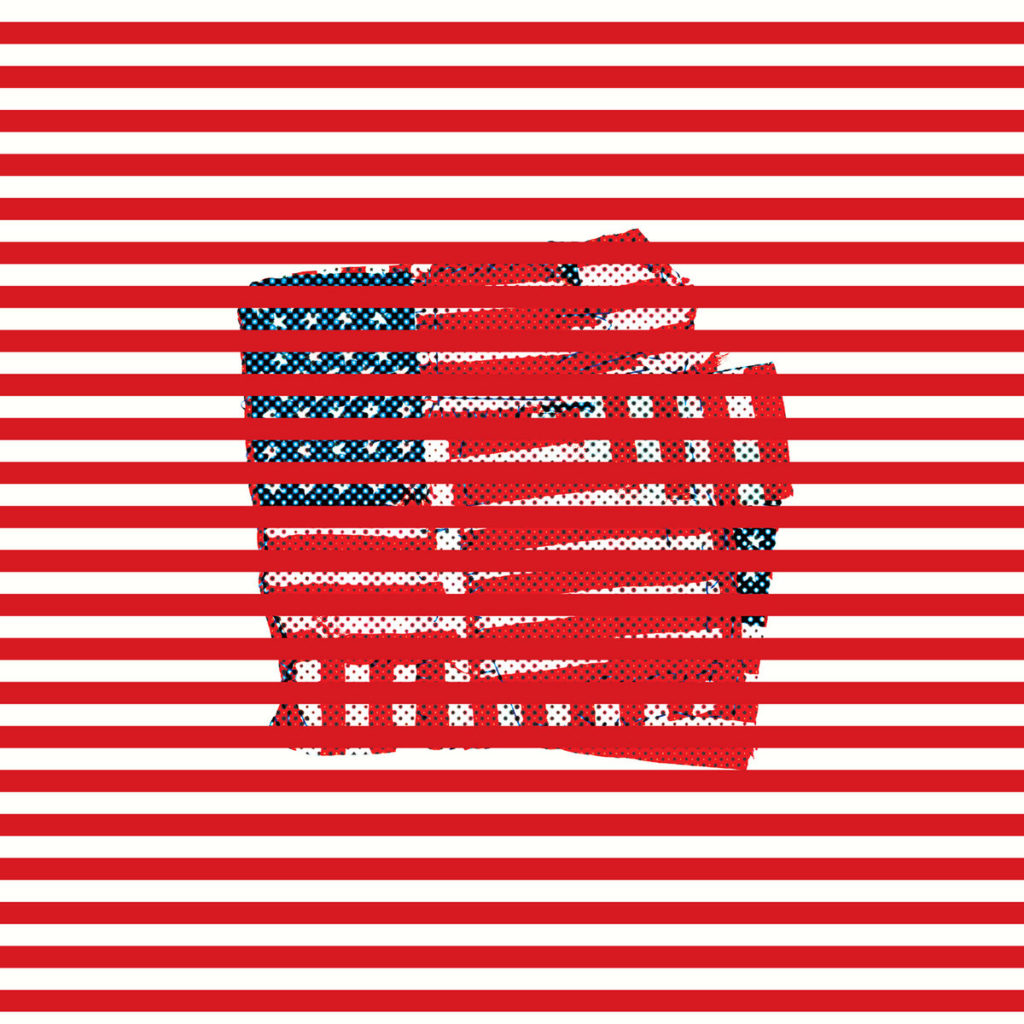Wingdale Community Singers
Housing Works Used Book Cafe – New York, NY
June 24, 2005
If record release parties represent a public birth for a collection of songs, it would be hard to think of a more comforting or welcoming midwife than the intimate crowd that gathered at Housing Works Used Book Café on June 24 to celebrate the arrival of the Wingdale Community Singers’ self-titled full-length.
Sitting in wooden chairs or crouched on the floor among towering bookshelves, the group was an eclectic one — a patchwork of teenagers and older friends, unshaven college students, and young babies sharing lap space — but the reception was almost uniformly warm.
It felt less like a crowd craning their necks or forcing their way to center-stage to catch a live performance than a group of neighbors sitting in a carefully lighted living room as some friends shared a couple songs they’d recently written.
The musicians and participants, knowingly or not, clearly fed and encouraged these environs. The evening started with See Through author Nelly Reifler, who followed an a cappella rendition of the Girl Scout theme with the reading of a prose-poem based, in part, on prescription-drug spam she had been filtering out of her inbox.
As people smirked with the turn or the rhythmic twist of a phrase or let their glares linger as Reifler read an imaginary screenplay titled “Motel, Director’s Cut,” the author played off the immediacy of her surroundings, further nursing the sense that the crowd was, indeed, just a few friends she pulled aside to hear her latest completed piece.
Claudia Gonson and Shirley Simms — most recently known for their work on Magnetic Fields’ 69 Love Songs — did much the same, frequently poking fun at themselves and joking with the engaged audience as they unreeled a 10-song set of mostly acoustic fare.
While the duo, performing together for the first time in New York, sometimes projected the folksy charm of a coffeehouse act, their songs occasionally drifted into more ethereal or pensive terrain, calling to mind an acoustic Low or Edith Frost.
Elsewhere, they cranked up the novelty elements and playfulness of their work, making faces as they covered the Monkees or hammered out an addictive little romantic-dramedy whose catchy chorus included the couplet, “Well I can’t see the future / But I can see that you’re fucked up.”
Rick Moody occasionally assisted the duo on acoustic guitar and a vintage Wurlitzer keyboard, a foreshadowing of things to come.
When the Wingdale Community Singers took the stage, one couldn’t help but notice the room sort of lit up in a bit of anticipation.
And rightfully so.
The trio of Moody, Hannah Marcus, and David Grubbs was in top form at Housing Works, injecting the vast majority of the 15 songs on their Plain Recordings disc with a striking balance of levity and gravitas. It was difficult to say which song sounded best or, maybe even better, which one the group enjoyed playing the most. In between playful and sometimes quite funny between-song banter, the Wingdales delivered the album-opener “Dog in Winter” and the somber “Holy Virgin Star” with surprising depth as Grubbs sawed away at his electric guitar or Marcus pushed every ounce of her voice into a measure.
Moody and Marcus feel like primary songwriters on the record but, live, each member seemed to carry an equal footing and contribute to the set.
Moody’s emotive and sometimes-understated vocal delivery helped anchor the playful “Sugar and Salt” (where he sang the set-stopping lyric, “Salt was the end of Lot’s wife”), introduce the song-story “Bike Shop Boy” (a narrative, he noted, about a boy who works in a bike shop and takes care of Marcus’ dog), and give balance to Grubbs’ energetic ho-down on “Fishnet Stockings.”
The artists, for all their seemingly inherent chemistry, were also refreshingly difficult to pin down stylistically — a whisper of Gillian Welch here, a little hint of Bill Frisell in Grubbs’ angular guitar work there, a little Morrissey reference thrown into the mix to shake up the appearance of things.
One of the night’s most strangely beautiful moments, though, may have been delivered solo when Grubbs drop-tuned an acoustic guitar and quietly played the mournful piano ballad “Family Plot, Mayfield Kentucky.” It was a more-than-interesting aside, a rumination on death (and, yes, the form of cemeteries) that resonated and played well — however unknowingly — off the theme of birth that the best of these sorts of record release parties often invite. – Delusions of Adequacy, July 25, 2005
-30-




